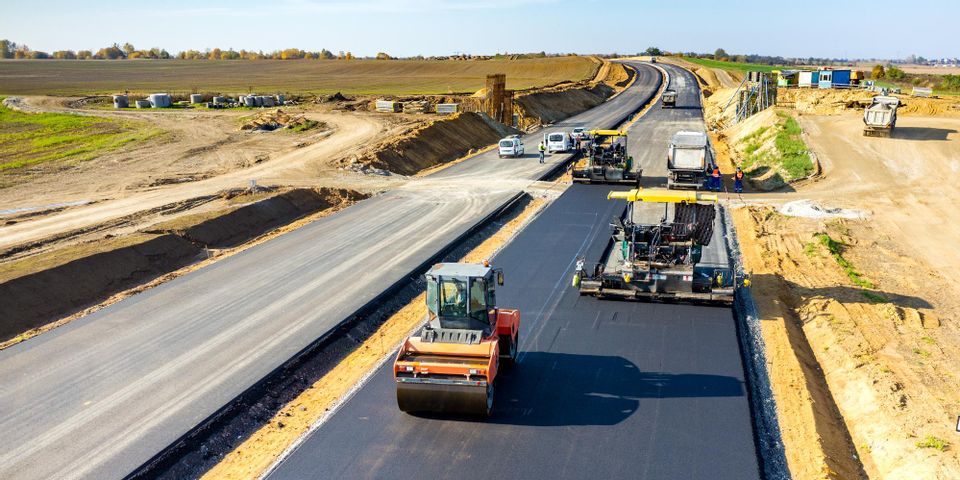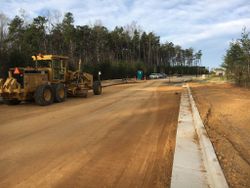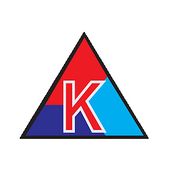
Highways are part of many people's commutes. Whether you travel over them daily or only once in a while, you may wonder how highway construction is performed. Here are some of the basics.
How Are Highways Constructed?
1. Design
Planning out a highway begins at the state level. The Department of Transportation works with a multitude of professionals, such as civil engineers, land surveyors, and soil scientists, to determine the safest and most efficient layout. The professionals also assess how the project affects the residents and businesses in the area, both economically and environmentally.
Once they've agreed on the design and have determined which contractors to hire, the construction process begins.
2. Site Development
 After the locations are chosen, highway construction contractors excavate the land. First, they remove all vegetation and multiple layers of topsoil until they reach the subsoil, which is primarily clay, sand, and silt.
After the locations are chosen, highway construction contractors excavate the land. First, they remove all vegetation and multiple layers of topsoil until they reach the subsoil, which is primarily clay, sand, and silt.
They fill this dip with base materials, such as crushed stone or concrete, then compress them to create a solid and level layer for the asphalt. This layer turns into the subgrade. At this stage, contractors install drains and storm sewers around the highway to prevent flooding and minimize erosion.
3. Paving
Once the ground is prepared, paving begins.
Pavement can be flexible or rigid. Both involve layering various materials, but with flexible paving, the structure begins directly on the subgrade, while a concrete slab is first installed for rigid pavement. The slab may also include reinforcements, such as rebar. Rigid paving is most common for highways since it lasts longer before needing maintenance.
In North Carolina, Triangle Grading and Paving is the company to turn to for highway construction. Based in Burlington, these contractors have been trusted by the North Carolina Department of Transportation (NCDOT) and other public, federal, and private organizations for more than 35 years. Their team handles all aspects of the work, including demolition and excavation. View some of their previous construction projects on their website, or call (336) 584-1745 to discuss your needs.
About the Business
Have a question? Ask the experts!
Send your question

